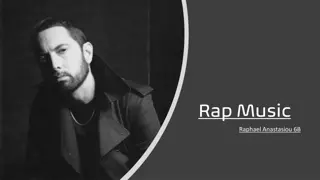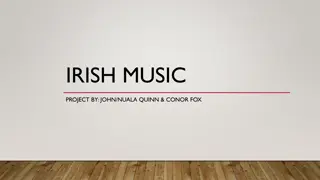Understanding Genre: Meaning and Main Types in Writing, Movies, and Music
Genre refers to a specific type of writing, movies, or music that shares distinct features. It helps classify books and other media forms. Various genres exist, including action, comedy, thriller, romance, fantasy, biopic, jazz, pop, classical, Carnatic, Hindustani, and metal. While genre is one way to categorize books, there are other methods like alphabetical order, size, themes, language, popularity, and colors. Themes within genres can vary widely, shaping the narrative and tone of a story.
Download Presentation

Please find below an Image/Link to download the presentation.
The content on the website is provided AS IS for your information and personal use only. It may not be sold, licensed, or shared on other websites without obtaining consent from the author. Download presentation by click this link. If you encounter any issues during the download, it is possible that the publisher has removed the file from their server.
E N D
Presentation Transcript
Lesson 2 Genre - Meaning and Main Types https://www.teachingtenets.com/ Aishwarya M. https://www.teachingtenets.com/
Lets Define Genre Genre a particular type of writing, movies, music etc, which has certain features that all examples of this type share. particular type of writing which has certain features that all writing of this type share https://www.teachingtenets.com/ Aishwarya M. https://www.teachingtenets.com/
Genre Genre a particular type of writing, movies, music etc, which has certain features that all examples of this type share. https://www.teachingtenets.com/ Aishwarya M. https://www.teachingtenets.com/
Genre Genre a particular type of writing, movies, music etc, which has certain features that all examples of this type share. MOVIES action comedy thriller romance fantasy biopic https://www.teachingtenets.com/ Aishwarya M. https://www.teachingtenets.com/
Genre Genre a particular type of writing, movies, music etc, which has certain features that all examples of this type share. MOVIES MUSIC action comedy thriller romance fantasy biopic jazz pop classical Carnatic Hindustani metal https://www.teachingtenets.com/ Aishwarya M. https://www.teachingtenets.com/
Genre Genre a particular type of writing, movies, music etc, which has certain features that all examples of this type share. MOVIES MUSIC WRITING science fiction biography graphic novel mystery historical fiction fantasy action comedy thriller romance fantasy biopic jazz pop classical Carnatic Hindustani metal https://www.teachingtenets.com/ Aishwarya M. https://www.teachingtenets.com/
Genre is ONE way to classify books. Books can be classified in many ways. Genre is just one way to do it. Other ways can use: alphabetical order of title or author name, size, themes in the book, language, popularity, or even colours! https://www.teachingtenets.com/ Aishwarya M. https://www.teachingtenets.com/
Genre Theme A horror story can have the theme of love (the lovers may visit a grave for a date and something sinister may happen there) AND A romantic novel can have the theme of love (two people fall in love and eventually get married) AND A comedy can have the theme of love (romantic comedy - few obstacles on their way, lots of jokes and funny situations, followed by a happy ending) https://www.teachingtenets.com/ Aishwarya M. https://www.teachingtenets.com/
The Three Main Genres in Writing 1.Poetry 2.Drama / Play - contains dialogues and stage directions 3.Prose - has complete sentences and is organized into paragraphs a.Fiction - literature with imaginary events and people b.Nonfiction - writing about something that is factual https://www.teachingtenets.com/ Aishwarya M. https://www.teachingtenets.com/
An Important Aside Nonfiction - writing about something that is factual. This does not mean everything in nonfiction is correct and true. In the words of Joe Sutliff Sanders, the author of Literature of Questions: Nonfiction for the Critical Child, Nonfiction is written by human beings. Imperfections, mistakes, and bias are inevitable, which means that insofar as it is ever a literature of facts, it is a literature of facts laced with error. https://www.teachingtenets.com/ Aishwarya M. https://www.teachingtenets.com/
1.Poetry 2.Drama / Play - contains dialogues and stage directions 3.Prose - has complete sentences and is organized into paragraphs a.Fiction - literature with imaginary events and people b.Nonfiction - writing about something that is factual Each of these have further subtypes. https://www.teachingtenets.com/ Aishwarya M. https://www.teachingtenets.com/
https://www.teachingtenets.com/ Aishwarya M. https://www.teachingtenets.com/
Can a piece of writing belong to multiple genres? YES! For example, Charlie and the Chocolate Factory can be classified as Children's literature and Fantasy Every library makes its own rules to decide where to place a book like Charlie and the Chocolate Factory. https://www.teachingtenets.com/ Aishwarya M. https://www.teachingtenets.com/
In our library, https://www.teachingtenets.com/ Aishwarya M. https://www.teachingtenets.com/
How do you identify the genre of a book? The easy part is to differentiate among the main genres. 1. Poetry 2. Drama / Play - contains dialogues and stage directions 3. Prose - has complete sentences and is organized into paragraphs a. Fiction - literature with imaginary events and people b. Nonfiction - writing about something that is factual https://www.teachingtenets.com/ Aishwarya M. https://www.teachingtenets.com/
To be more precise about genre For example, to know whether a book is historical fiction or realistic fiction; or if it is a dystopian novel or a science fiction novel, you need to know TWO things: The book itself (the blurb is sometimes enough) Characterization Setting Plotline The defining characteristics of the genres in question To be continued . . . https://www.teachingtenets.com/ Aishwarya M. https://www.teachingtenets.com/ Adapted from the work of Glenn Powers, CTL
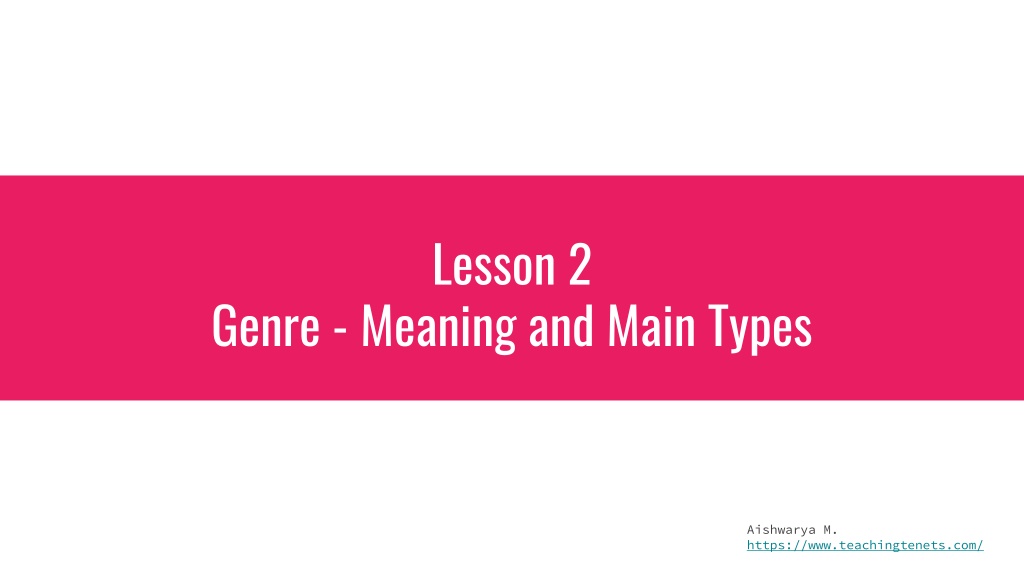

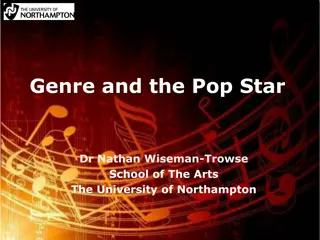
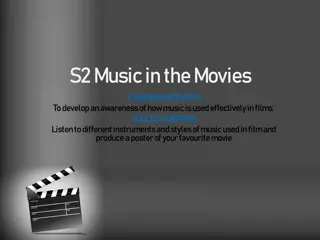
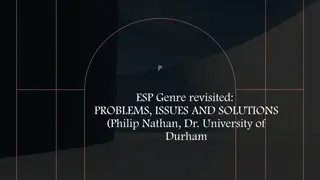
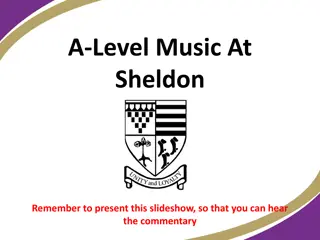
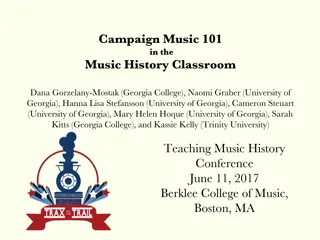
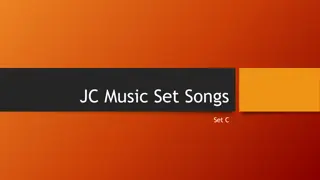
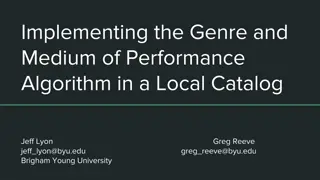
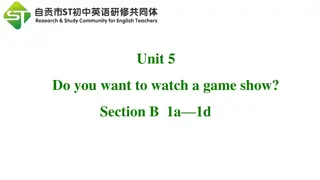
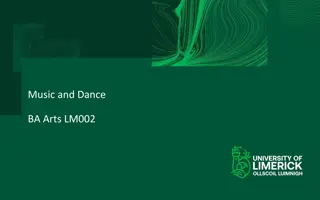
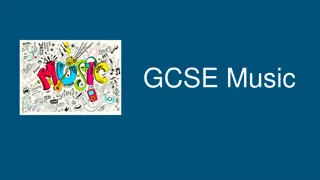
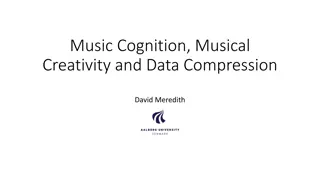
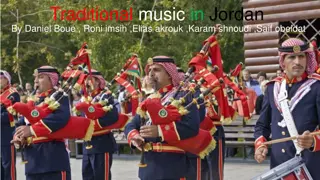


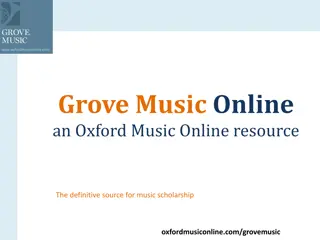
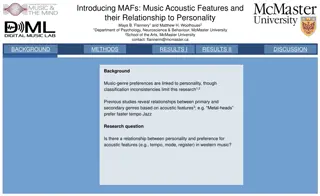
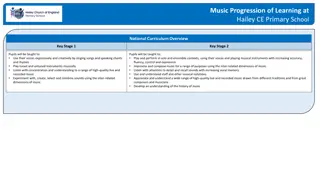
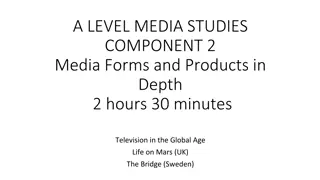
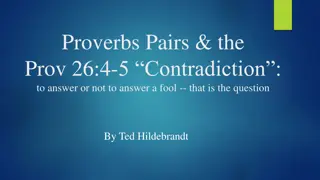
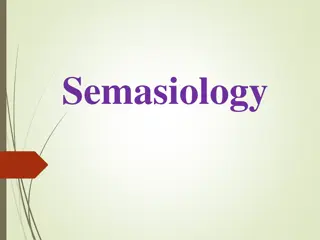
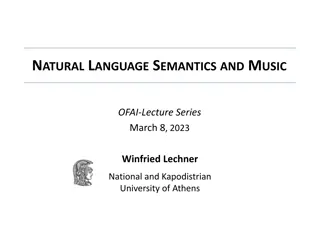
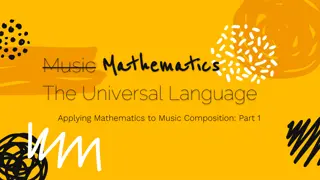
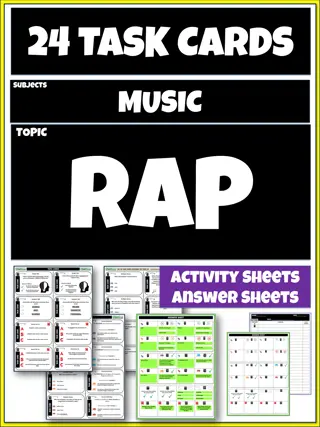
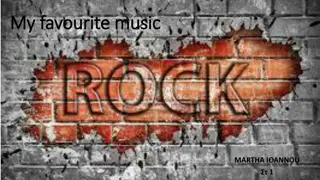
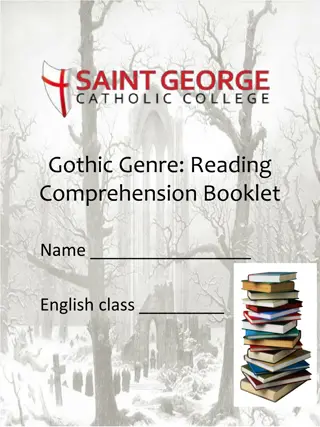
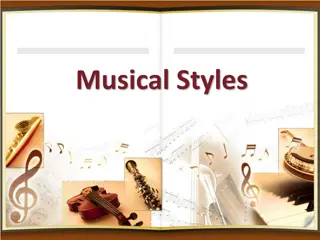
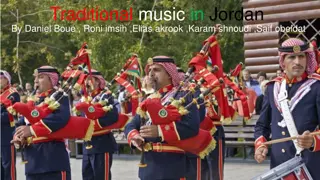
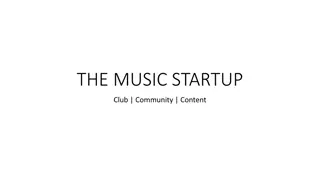
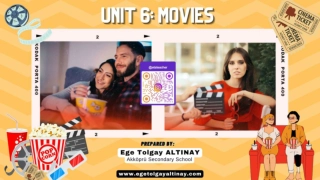


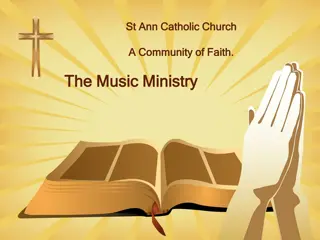
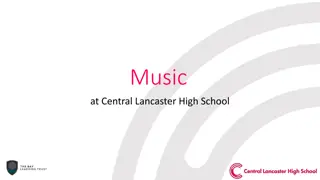
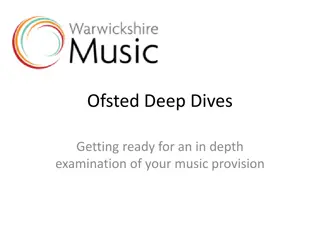
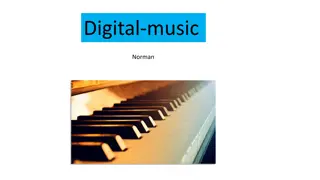
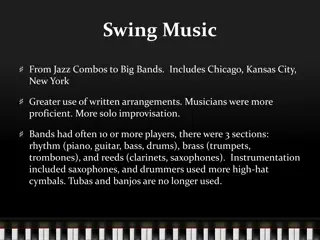
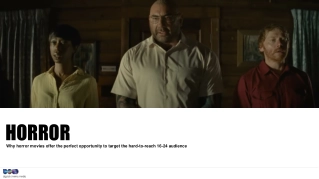
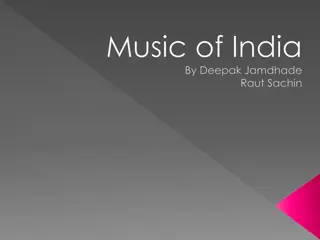
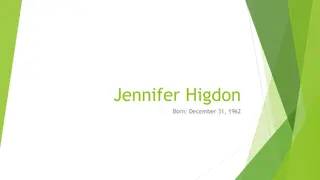
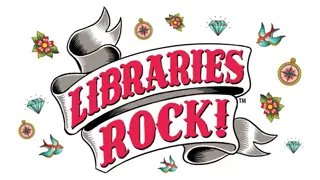
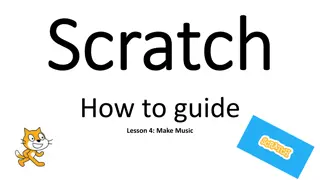
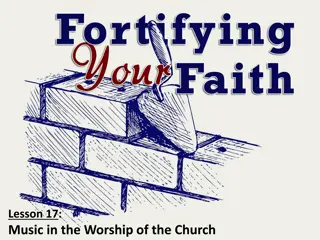
![Explore the Exciting World of Live Music Through [Insert Town/City] Census!](/thumb/148894/explore-the-exciting-world-of-live-music-through-insert-town-city-census.jpg)
